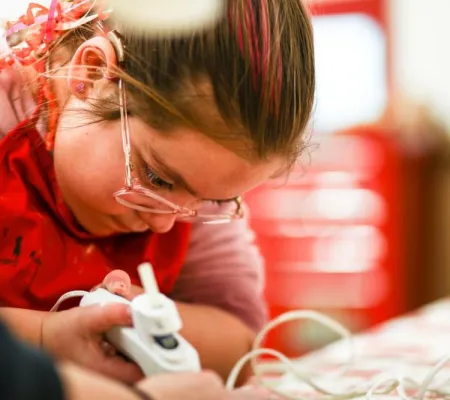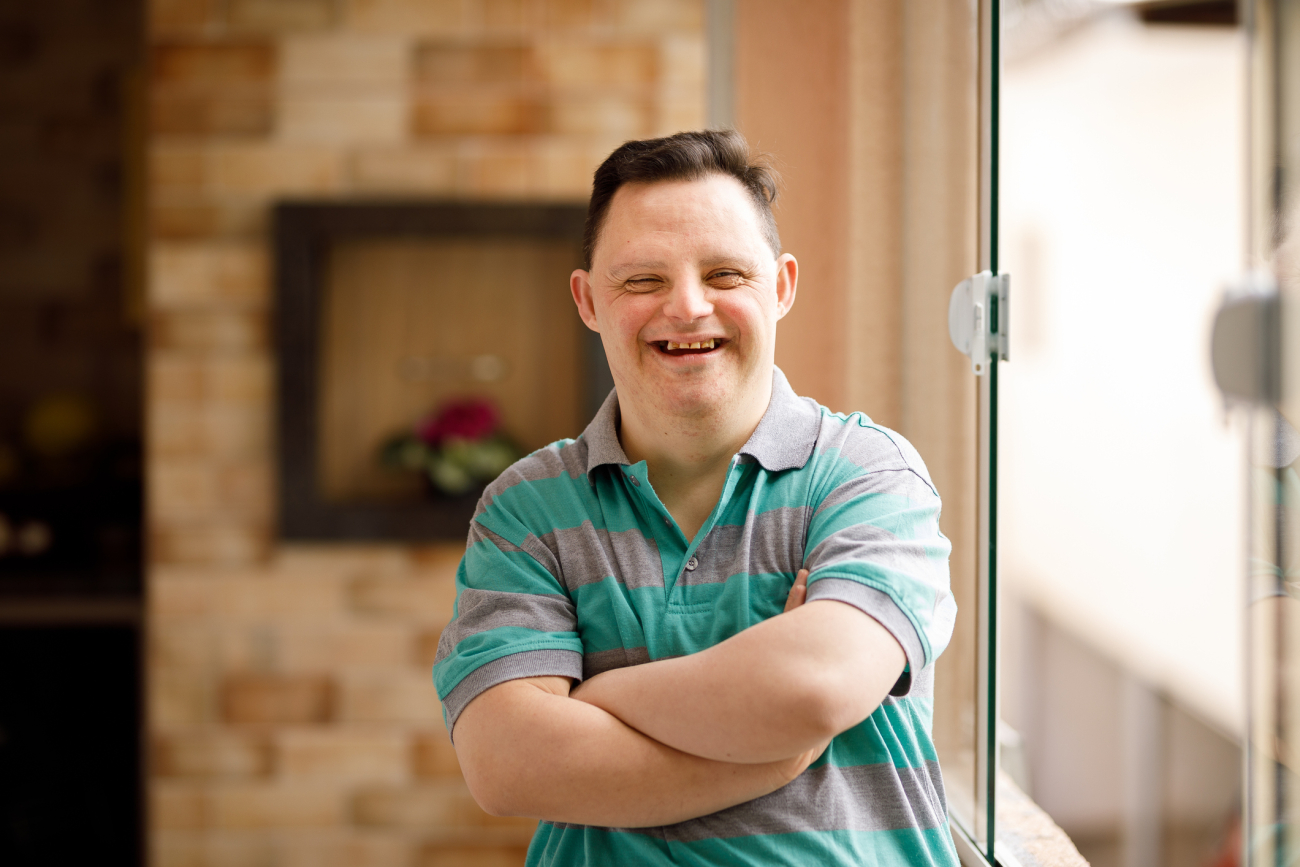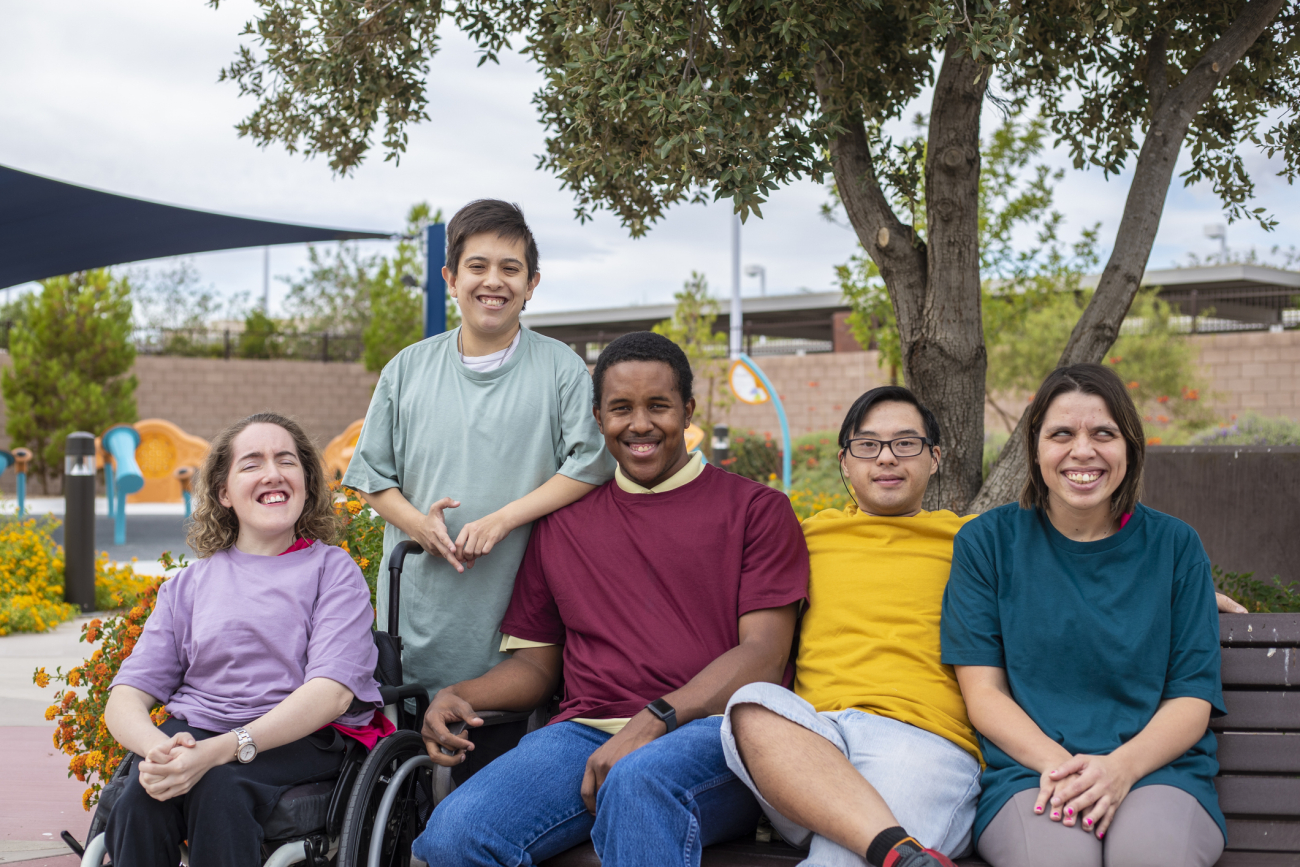Intellectual disabilities can be mild, moderate, or severe. Someone’s personality, how they handle events, and other health care issues can affect how much support a person needs for daily living. Intellectual disability is thought to affect about 1 - 3% of the population. Of those affected, most have a mild intellectual disability.
The most common syndromes associated with intellectual disabilities are Autism, Down syndrome, Fragile X Syndrome, and Fetal Alcohol Spectrum Disorder (FASD).
Your child may have an intellectual disability if you notice any of the following:
- Lack of or slow development of motor skills (physical movement), language skills, and self-help skills (like getting dressed), especially when compared to peers
- Failure to grow intellectually or continued infant-like behavior
- Lack of curiosity
- Problems keeping up in school
- Failure to adapt (adjust to new situations)
- Difficulty understanding and following social rules
A specialist will observe the child’s skills and compare them to other children of the same age. They may watch how well the child can feed or dress himself or herself, how well the child communicates with and understand others, and how the child interacts with others.


